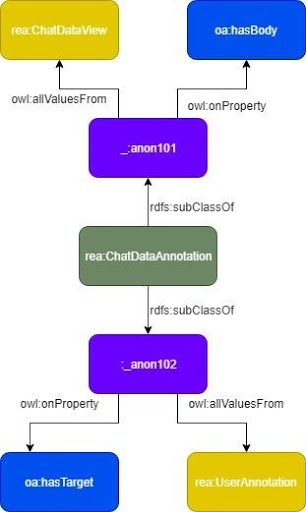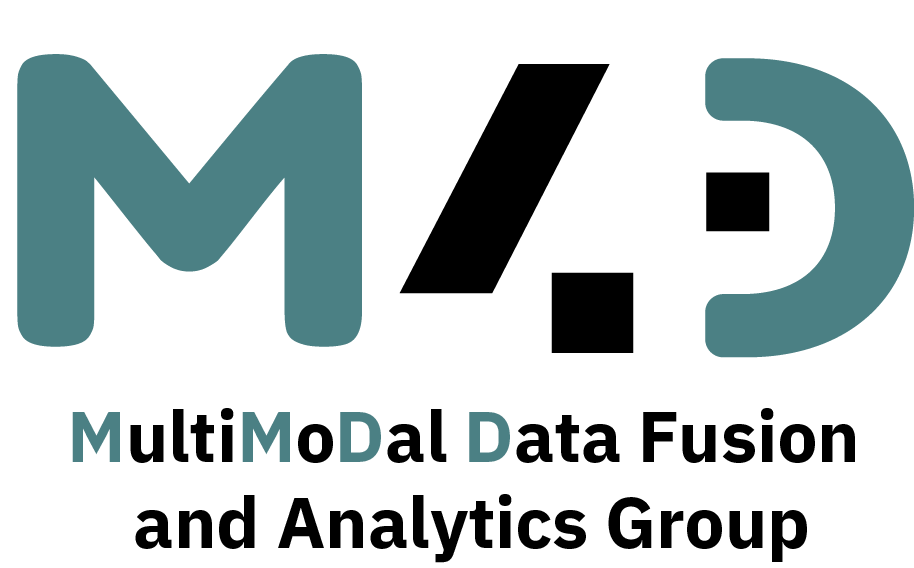REA Ontology: Modelling patient profiles and dialogues in Ambient Assisted Living
Assisted living technologies combined with intelligent interfaces and advanced dialogue systems can provide supportive technologies in homes and clinics, significantly improving the quality of life of individuals. Indicative examples are the use of multimodal sensors to monitor biometric indications and behaviors (e.g. heart pressure and heartbeats), as well as user voice interaction with intelligent agents acting as personal assistants, reminding exercises, drug dosages, etc. Towards this end, the REA project develops ontologies related to the health domain that capture:
- information pertinent to the patient’s profile
- information related to the dialogue with the patient
Representing the patient’s profile
This ontology focuses on representing the different aspects that the patient’s profile contains, including modelling information pertinent to the user profile and modelling metadata derived from the observation of user movements (namely cameras and sensors). For instance, the ontology offers the appropriate knowledge structures to represent measurements (i.e. body temperature, blood pressure), visual analysis (i.e. sensors and cameras), medication (i.e. painkiller, other medication), etc. The ontology inherits classes and relationships from existing ontologies such as Friend Of A Friend (FOAF) ontology. A part of the classes and the relationships between them is depicted in the figure below.

Representing information pertinent to the dialogue
The dialogue with the user consists of three parameters: topic selection, dialogue history and system notification. The ontological structures that have been developed in this case, focus on offering the appropriate structures for all of these cases by extending Web Annotation Data Model in order represent metadata related to history and discussion.

In order to develop the abovementioned ontologies and knowledge representation structures, we have been based on the following tools:
- Protégé-OWL v5.0, a popular tool for designing and developing ontologies;
- Web Ontology Language (OWL), a knowledge representation language for ontology definition;
- RDF4J, a Java library that allows handling RDF data;
- GraphDB to host the knowledge base environment;
- SPARQL to support semantic queries and reasoning rules execution.
License
Apache License 2.0
Publications
- Mavropoulos, T., Meditskos, G., Symeonidis, S., Kamateri, E., Rousi, M., Tzimikas, D., Symeonidis, S., Tzimikas, D., Papageorgiou, L., Eleftheriadis, C., Adamopoulos, G., Vrochidis, S., Kompatsiaris, I. (2019). A context-aware conversational agent in the rehabilitation domain. Future Internet, 11(11), 231.
- Mavropoulos, T., Meditskos, G., Kamateri, E., Symeonidis, S., Tzimikas, D., Papageorgiou, L., Eleftheriadis, Adamopoulos, G., Vrochidis, S., Kompatsiaris, I. ”A Smart Dialogue-competent Monitoring Framework Supporting People in Rehabilitation”, In Multimodal Signal Sensing and Analysis for Assistive Environments for Improving Quality-Of-Life (AGENT Workshop), 12th Pervasive Technologies Related to Assistive Environments Conference (PETRA 2019). ACM, Rhodes ,Greece, 5-7 June 2019.
- Mavropoulos, T., Meditskos, G., Kamateri, E., Vrochidis, S., Kompatsiaris, I., ”REA: A Healthcare-Oriented Virtual Agent with Dialogue Capabilities”, 8th Panhellenic Conference on Biomedical Technology, Hellenic Society for Biomedical Technology (ELEVIT 2019), Athens, Greece, 9-10 May 2019
Related Projects
- REA
- KRISTINA
Ontologies (links)
https://drive.google.com/file/d/1Ncabdo7hRA7CQRttpkZoKjThLe8G6dfP/view?usp=sharing
Contact
- Maria Rousi: mariarousi@iti.gr
- Georgios Meditskos: gmeditsk@iti.gr
